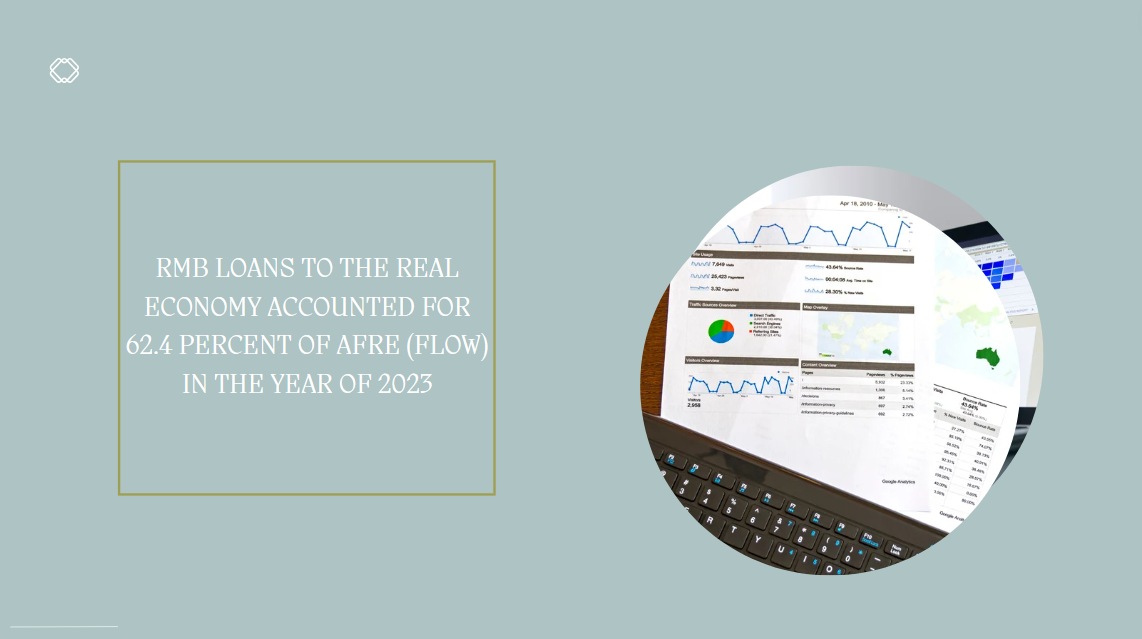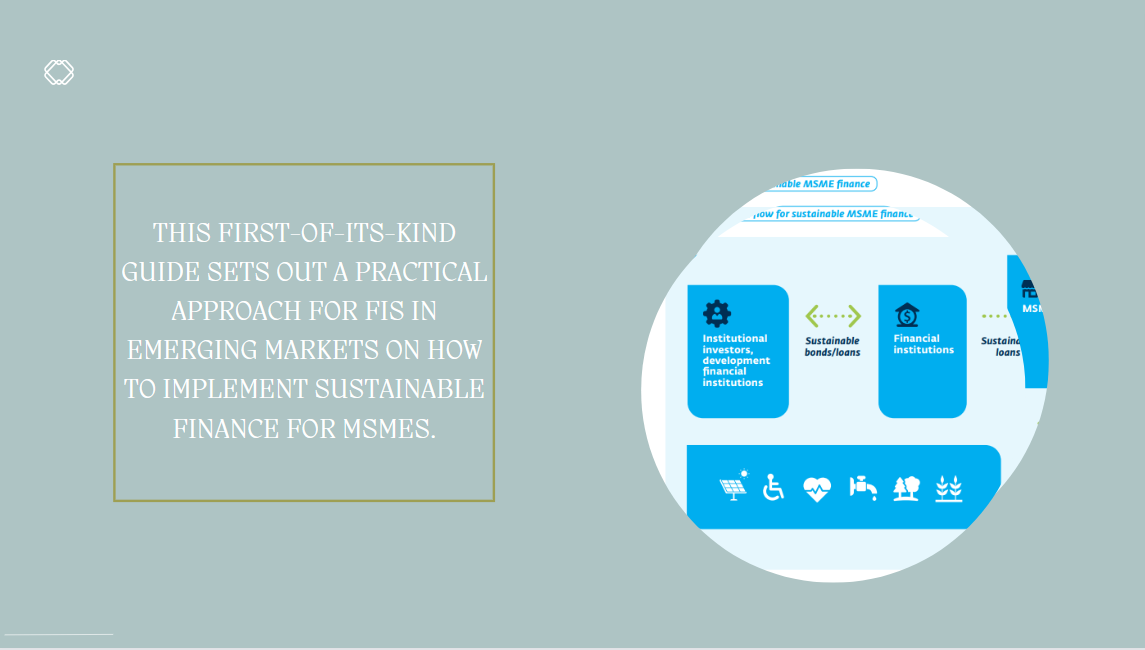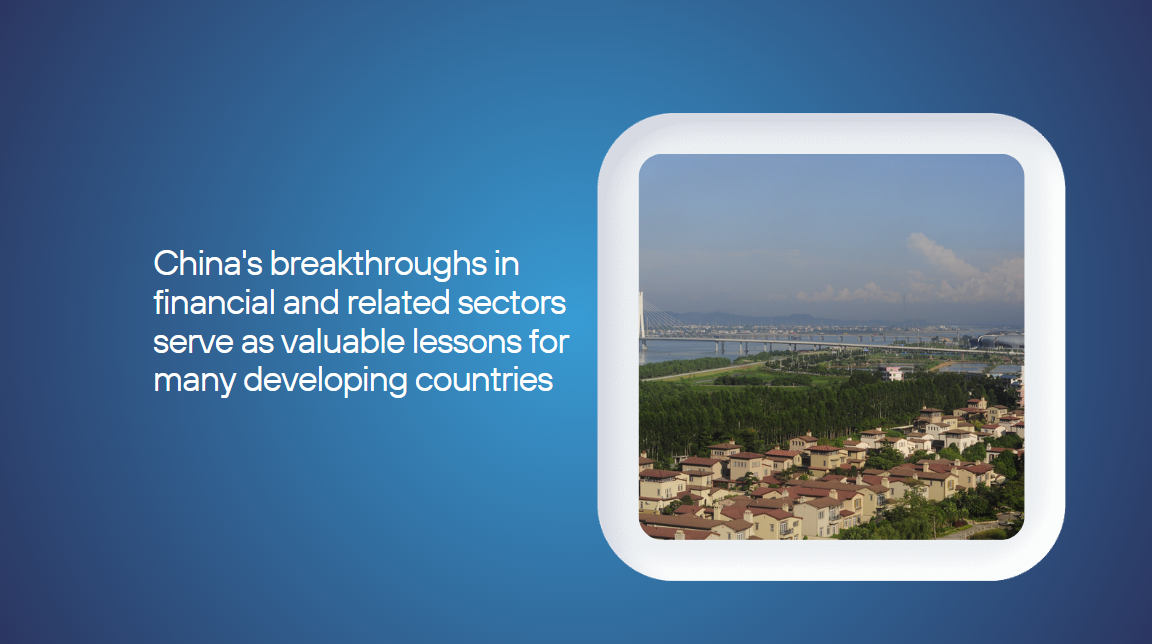Munich Re bullish on biz in China
Amid a more complicated geopolitical environment, Munich Re, a global leader in reinsurance, still sees China as an increasingly important market as the business opportunities it offers remain promising.
Having established a branch company in China two decades ago, Munich Re may scale up the Chinese part in its global business pie chart over time as its footprint here may hopefully outgrow other markets, Joachim Wenning, Munich Re's chair of the board of management, said in an exclusive interview with China Daily.
In essence, reinsurance is a type of insurance business whereby a reinsurer offers coverage to other insurance companies, allowing them to transfer a portion of their insured risks to it.
Wenning said that Munich Re logs an annual premium income of approximately 2 billion euros ($2.19 billion) in China, a figure that is on the rise due to the significant potential for a broader spectrum of risks in the country to be insured and reinsured, especially those associated with natural disasters like floods and earthquakes.
Globally, Munich Re reported 67.1 billion euros in gross premiums written in 2022. According to Munich Re's estimate, about 5 percent of natural catastrophe risks in China currently are covered by insurance or reinsurance, up from roughly 3 percent two decades ago.
However, compared to the global average ratio, which stands at around 38 percent, China's insurance penetration rate for such risks remains relatively low and offers significant growth potential, Wenning said.
Though not having disclosed the official estimate of catastrophe risk coverage in China, the National Financial Regulatory Administration recognized in November that the catastrophe insurance business is entering an upward cycle. Last summer, the insurance industry disbursed claims of more than 10 billion yuan ($1.39 billion) to 16 regions that were heavily impacted by typhoons and floods.
Wenning said Munich Re also identifies emerging opportunities in China's advancements in green technologies and energy investments, which generate new risks that require insurance coverage.
"The need for reinsurance and the need for global expertise in China is unchanged. I could even say (it) is as vivid as it ever was," Wenning said, adding that such market potential is supporting Munich Re's unaltered commitment to the Chinese market, even amid an evolving geopolitical landscape marked with more tensions.
"It is strategic for Munich Re to be in the economy and in the market, locally present, which over time is going to be the largest economy in the world, which over time is going to be the largest insurance market in the world."
Wenning said what also reinforces Munich Re's confidence in the Chinese market is the progress China has made in improving the business environment, such as better respect for the rule of law and the good job being done by the insurance regulator.
The tone-setting Central Economic Work Conference, held in December, has reiterated the country's ambition of fostering a world-class business environment that is market-oriented, law-based and internationalized, vowing to promote the brand of "Invest in China".
"I think they (Chinese regulators) have learned a lot from foreign experience. They were open to listening to foreign experience and building this into their current policies."
Wenning added that China's pursuit of high-quality development is a "very meaningful ambition", which, if it succeeds, will raise the sophistication level and core functionality of China's insurance sector to one of the world's best in the coming 10 to 20 years.
Swiss Re, another global leader in reinsurance, has also expressed optimism about the Chinese market. Paul Murray, CEO of life and health reinsurance at Swiss Re, recently told China Daily that the country's robust economic growth and expanding middle-income population are driving the rapid growth of China's insurance market.
The NFRA said insurance companies across China reported 4.3 trillion yuan in primary insurance premium income in the first three quarters of 2023, up 11 percent year-on-year. By the end of September, total assets held by China's insurance sector reached 29.6 trillion yuan. Of this, reinsurance companies contributed 769.2 billion yuan.




















































First, please LoginComment After ~